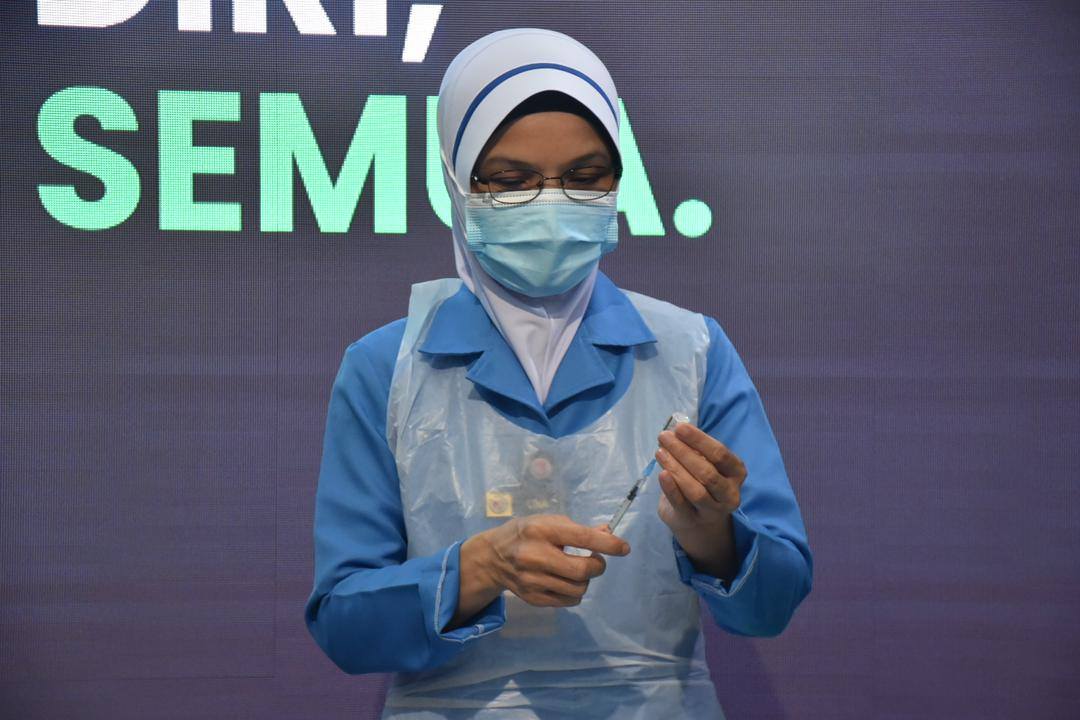KUALA LUMPUR, Feb 25 — The government should use hailers in villages to promote Covid-19 vaccination, besides engaging community leaders and influencers, medical experts said.
Pediatrician and chairman of the Federation of Islamic Medical Associations advisory council, Dr Musa Nordin, explained that among the rural communities, there are groups of parents who are simply misinformed that vaccines contain ‘haram’ contents and are not permissible.
Hence, when there’s an element of ‘was-was’ (doubt), they begin to shun vaccines, wrongly believing that they are making a better choice for their offspring, which is further fuelled by conservative religious scholars who pass religious edicts that prohibit immunisation.
“Previously, the Ministry of Health (MOH) did a road show to address these influencers in the rural areas. Every state was visited and imams, ustazs, Jawatankuasa Kecil of Kampong (JKKs), teachers etc were invited and explained on the benefits of vaccines etc,” Dr Musa told CodeBlue.
“Radios and television are still a major tool to utilise. National and state radio and TV should be used to inform the rural folks.”
The national Covid-19 vaccination programme was launched yesterday, after Prime Minister Muhyiddin Yassin was the first in the country to get a jab. The first phase targets about 500,000 frontline workers from the health and security sectors.
The Covid-19 vaccine rollout will start first in Selangor tomorrow, followed by other states over the next several days.
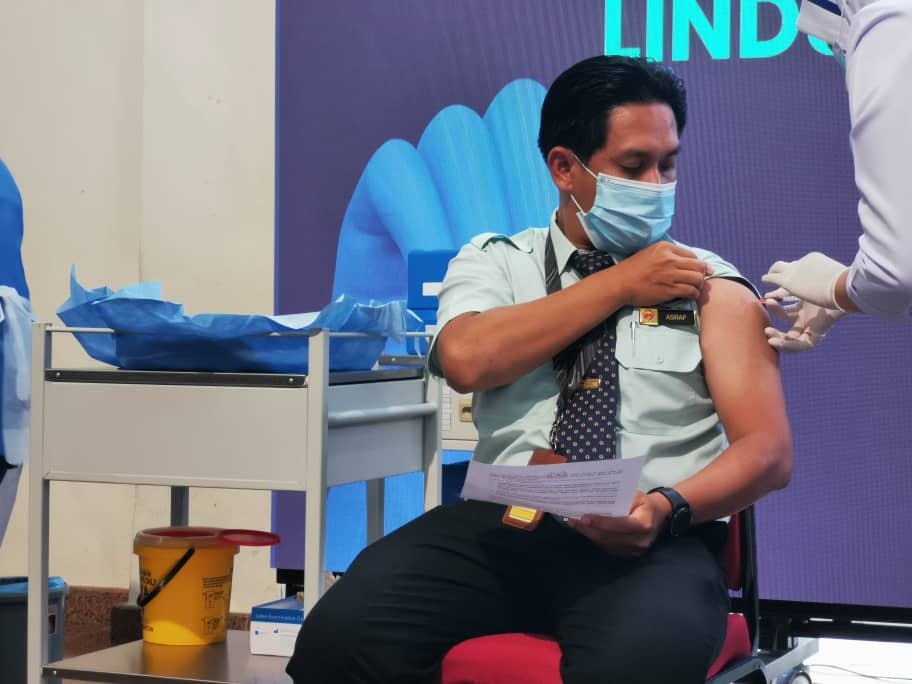
Two public health experts from University Malaya — Dr Farizah Hairi and Dr Noran Naqiah — suggested that videos on coronavirus vaccination be streamed on TV during prime time, morning between 7 and 8am, afternoon between 12 and 1pm, evening (5 to 6pm), and night (8 to 9pm), as well as during commercial breaks.
“Videos should (also) be posted on social media platforms as often as possible,” the professors said.
They also said that vaccine promotion should be extended to the rural community using the conventional way of making announcements, like using hailers or loudspeakers.
“Going round to the villages via van, lorries, and trucks. Chanting health promotion statements again and again, several times a day.”
Besides mainstream media, Dr Musa said that vaccine communication should be a multi-pronged strategy utilising social media, targeted regional audiences, and influencers including medical social media influencers, places of worship and religious leaders. He also suggested including specific programmes like Immunise4Life, Positive Parenting etc.
Dr Musa suggested local celebrities and influencers, like for example, Aznil Nawawi who has two million followers on Instagram and 1.2 million followers on Twitter, along with others like Sheila Majid, Daphne Iking, Ebit Lew to be roped in for clear public engagement and empowerment in boosting vaccine confidence.
Helping The Disabled And Elderly Get To Vaccination Centres
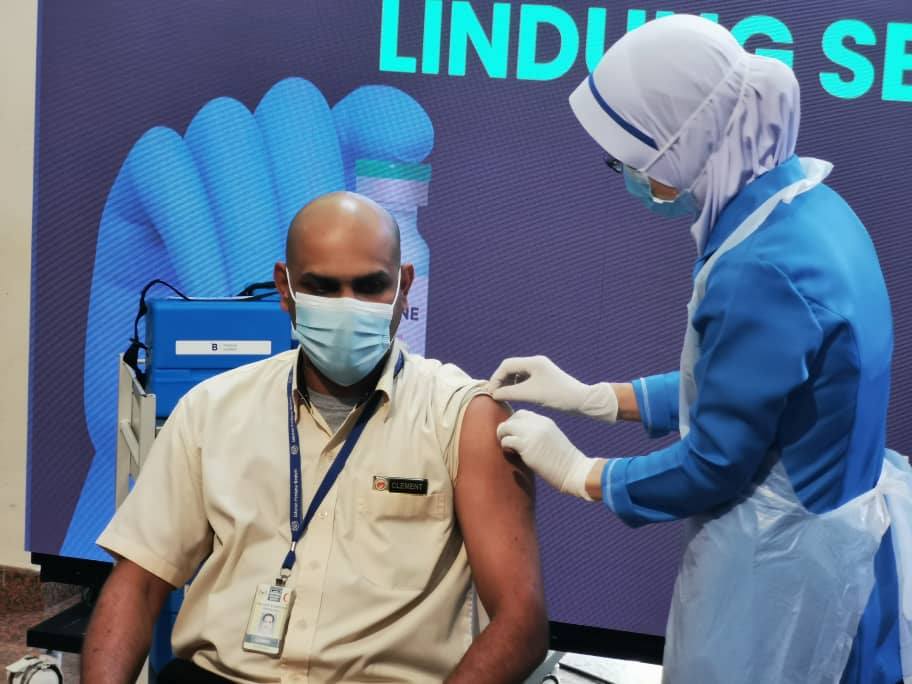
During the second phase of the national Covid-19 vaccination rollout, the elderly and those with comorbidities will be inoculated starting April. However, there will be incidents where some of them may not be able to travel to vaccination centres due to transport issues and physical inabilities.
“Since GE15 (15th general elections) is hot in the air, I would suggest to all political parties or politicians to do what they do best — canvassing their constituents,” Dr Musa said.
“Tell them of the benefits of the vaccines and why they should all go for it and also tell them if they have issues to go to the vaccine centres, their Umno, PN (Perikatan National), PAS etc boys will transfer them FOC (free of charge) on their vaccination day.”
Besides that, Dr Farizah and Dr Noran said the community and heads of villages play an essential role in informing relevant authorities on bed-bound patients who are unable to go out to get vaccinated, so that these pockets of community are not left behind.
“Health staff can come to them. We have the existing and ongoing home visit by community nurses, school health team, mobile health team and domiciliary programme, where our health care workers (as a team, usually nurse, doctor, physiotherapist) visit their patients who stay within their area of care or zone,” Dr Noran and Dr Farizah said.
MOH has a domiciliary health care services (DHC) system in place since 2016 that provides care for stable bedridden patients discharged early from government hospitals.
Besides that, the University Malaya professors also suggested for the government to rope in general practitioners (GPs) for vaccination to maximise wider distribution to the population.
“Collaborating with private health care providers, especially the local GPs, because they are everywhere in towns, cities, and even in rural villages.”
NPRA Should Quickly Approve Other Vaccines
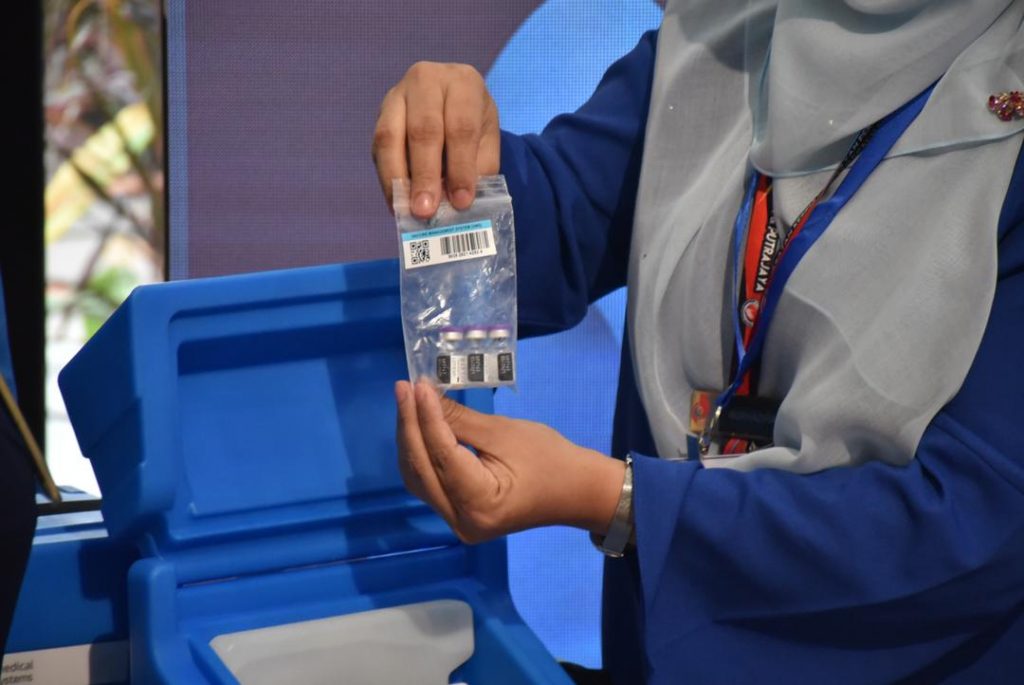
In a survey recently conducted by CodeBlue to study vaccine acceptance among health care workers, 19.1 per cent of 829 respondents said they would get inoculated, “depending on which vaccine”.
To address the issue where people are selective on which vaccine they will take, Dr Musa said the government should get the National Pharmaceutical Regulatory Agency (NPRA) to licence other vaccines for use as soon as possible.
“They need to get their act together. Moderna, AstraZeneca, and Sputnik V have already been published in the New English Journal of Medicine (NEJM) and Lancet. These should be prioritised for Emergency Use Authorisation (EUA),” Dr Musa said.
Dr Farizah and Dr Noran said that the main concern among the public is the safety of the new coronavirus vaccines, including the potential side-effects, and the speed at which the vaccines have been developed.
“Address the uncertainties. Emphasise on the importance and safety of the vaccine. Address fear. Overcome the lack of trust. Build trust and confidence through transparent communication,” the professors said.
“Communication should be clear about what the vaccines are made of, how they work, how they have been tested, and how it has been possible to get to the stage of having an approved vaccine so quickly.”
“It should also acknowledge any areas of uncertainty and be transparent about possible side-effects. As part of the approach to building confidence, we also need to target misinformation, which can trigger hesitation and negative emotions about vaccines, particularly if other sources of information are not available,” Dr Farizah and Dr Noran added.
While some are afraid of mRNA vaccines like the Pfizer-BioNTech vaccine, Dr Noran and Dr Farizah highlighted that the mRNA approach has been studied for over 15 years, originally studied to treat cancer.
“So far, studies have indicated these vaccines are effective if people receive all the required doses,” the UM public health experts said.
“Preliminary reports and evidence from countries that have started their vaccination programme indicate that mRNA vaccines may reduce the risk of Covid-19 disease by about 95 per cent, starting a week or two after the second dose.”
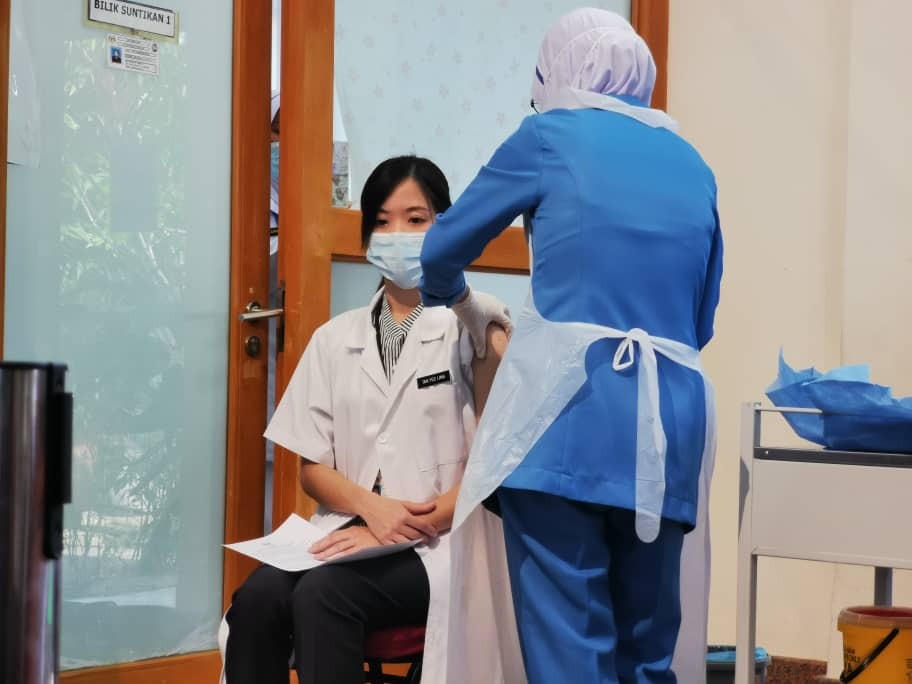
Dr Musa explained that mRNA vaccines are 95 per cent effective and manufacturers are currently designing multi-valent mRNA Covid-19 vaccines against current mutants and potential new strains.
“It is vaccinology 101 that more than 90 per cent of major risks of vaccines will appear within two months. Thus, all vaccine trials must record all Adverse Events Following Immunisation (AEFI) for at least two months before they can apply for licensure, this is a Food and Drug Administration (FDA) ruling,” Dr Musa added, referring to the United States’ FDA.
“All the makers and the researchers have followed this religiously. No major AEFIs has surfaced.”
Dr Musa also acknowledged Dr Zulfkfli Ismail, Dr Tan Maw Pin, Dr Ahmad Faidhi, Dr Suhazeli, Sharipah Asiah, and Amrahi Buang in his response to CodeBlue.


